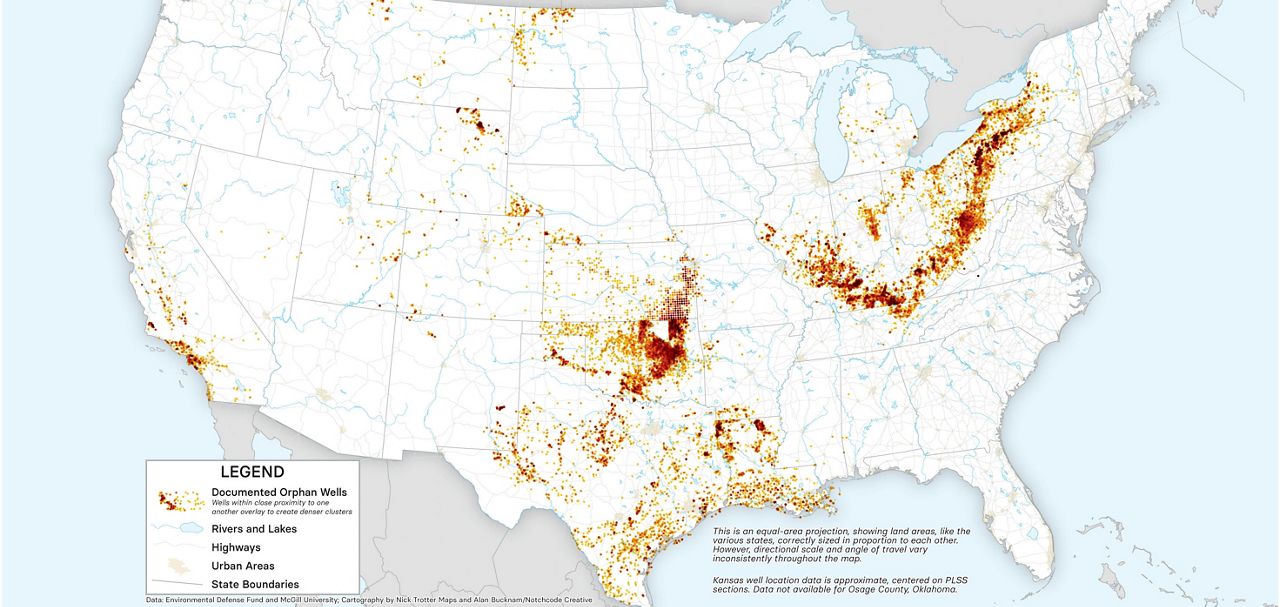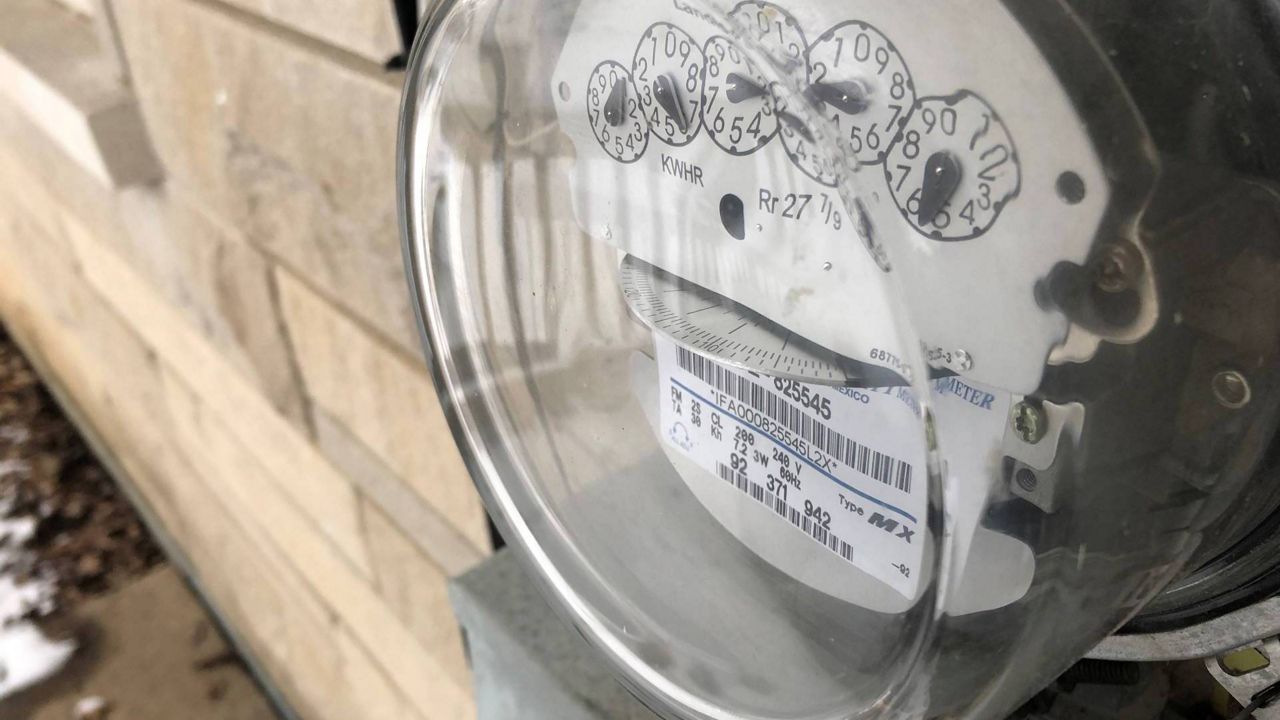LEXINGTON, Ky. — The U.S. Department of the Interior (DOI) announced Jan. 31 that $1.15 billion has been made available to states, with Kentucky receiving $103,981,000 to create jobs and clean up orphaned oil and gas wells, and abandoned mine lands throughout the Commonwealth.
What You Need To Know
- Kentucky has more than 14,000 orphaned oil and gas wells
- Sen. McConnell and Gov. Beshear praised funding
- 18% of all nation's orphaned wells are in Kentucky
- Cleanup will be prioritized in the coming weeks
“The abandoned oil and gas wells littered across Kentucky are a liability to our commonwealth, providing no jobs or output,” said Kentucky Sen. Mitch McConnell. “This is a problem in nearly every county, but until now, our local governments have not had the funding required to complete cleanup projects on a large scale. With the funding announcement, Kentucky communities will have the necessary resources to launch new cleanup projects and create Kentucky jobs. I supported last year’s landmark bipartisan infrastructure bill precisely because of programs, like this, that fund solutions to the long-overlooked problems affecting the commonwealth.”
Kentucky was one of 26 states that applied to the Department of the Interior for funding and received the eighth-highest amount.

“This grant will allow us to make great progress in locating and capping these abandoned wells,” Kentucky Gov. Andy Beshear said. “Cleaning up these wells helps our environment and economy by creating good-paying jobs in communities that need them.”
Kentucky has 14,367 such wells, accounting for nearly 18% of the roughly 81,000 documented wells in the country, according to a new report by the Environmental Defense Fund (EDF). The federal money for cleanup efforts is positive since wells no longer in operation and have no owner of record require tribes and state and federal governments to shoulder the cleanup cost.
The EDF report shows Kentucky’s orphaned wells are most densely concentrated in the state’s western, southern, and eastern parts, with the highest number of wells in Lee County, followed by Cumberland and Ohio counties. EDF Senior Attorney Adam Peltz said the Ohio Valley region has such a high number because Kentucky had some of the country’s earliest oil and gas development.
“President Biden’s Bipartisan Infrastructure Law is enabling us to confront the legacy pollution and long-standing environmental injustices that for too long have plagued underrepresented communities,” said Deb Haaland, secretary of the Department of Interior. “We must act with urgency to address the more than 100,000 documented orphaned wells across the country and leave no community behind. This is good for our climate, for the health of our communities, and for American workers.”
The Kentucky Division of Oil and Gas has been plugging priority orphan wells since 1984, with over 4,100 wells addressed since that time. Some wells are covered by trees, brush overgrowth, roads, ponds, and residential or industrial development and are plugged through a state fund established in 1990.
“This is a shot in the arm for this vital program,” Energy and Environment Cabinet Secretary Rebecca Goodman said in a news release. “This additional money will allow the division to make significant progress in plugging these wells.”
Millions of Americans live within a mile of an orphaned oil or gas well that pollutes backyards, recreation areas and public spaces across the country, according to the DOI. The known orphan wells emit the equivalent of seven-to-20 million tons of C02 equivalent greenhouse gasses annually. According to the EDF, unplugged wells can also leak toxic chemicals, such as benzene, that can spoil water and cause air pollution — threatening the health, well-being and property values of those who live nearby.
Funds to clean up documented orphaned wells were provided through the REGROW Act as part of the infrastructure bill. State governments will apply for grants to clean up wells in their region.
Closure costs can average between $25,000 and $475,000 per well. Besides the environmental benefits, cleaning and plugging the wells is expected to create tens of thousands of jobs across the country, according to a report from Resources for the Future.
Guidance on how Kentucky can apply for the funding will be available in March. Once the money is received, the Division of Oil and Gas will begin cleaning up additional high-priority wells as well as identifying wells not yet in the state’s database, according to a press release from Beshear’s office.



